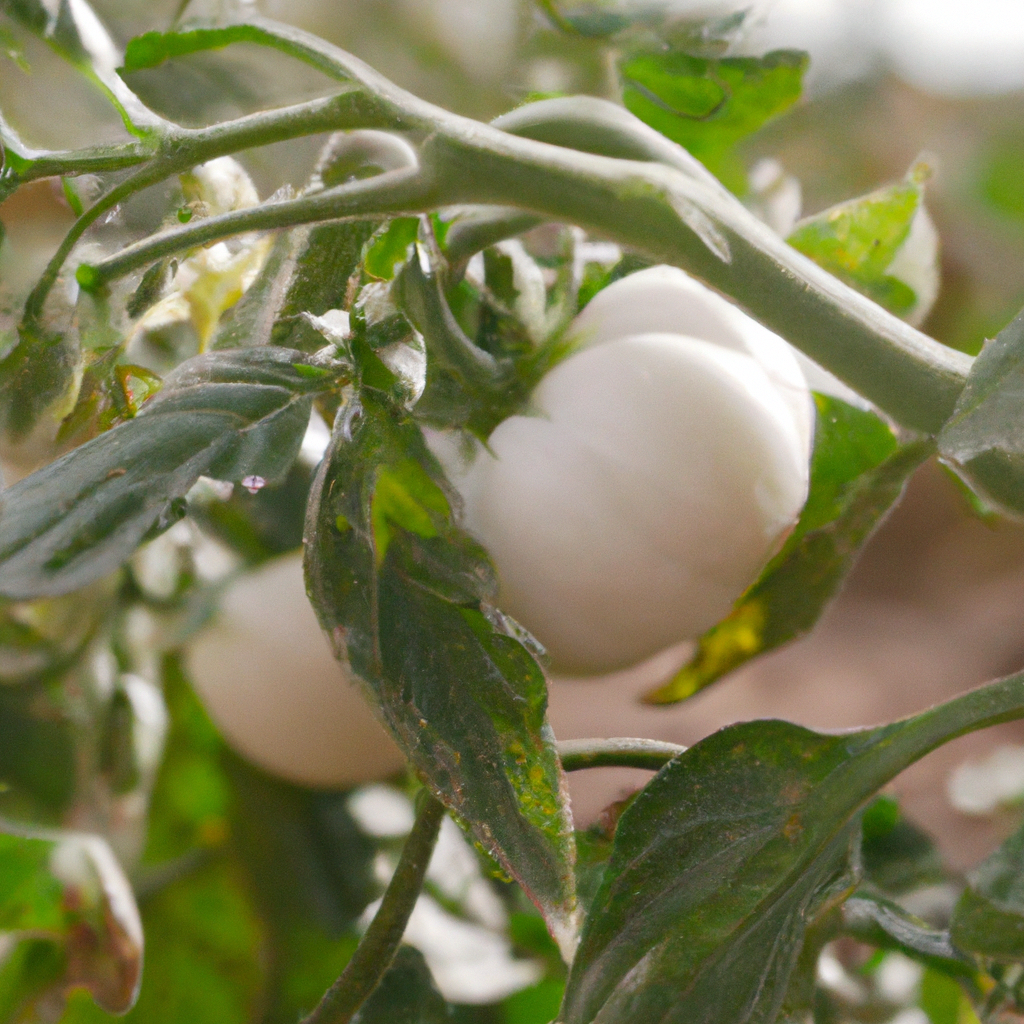Maintaining an Organic Garden: Tips and Tricks for Eco-Friendly Gardeners
Organic gardening is a sustainable and chemical-free way to grow your own fresh produce and beautify your outdoor space. However, it requires a bit of effort and knowledge to maintain an organic garden. In this article, we’ll explore some natural gardening techniques, garden tips and tricks, and green garden upkeep practices to help you maintain a thriving organic garden.
Preparing the Soil
The foundation of a successful organic garden is healthy soil. The soil should be rich in organic matter, well-draining, and have a pH level between 6.0 and 7.0. Here are some tips for preparing the soil:
1. Test the soil pH level using a soil testing kit. Adjust the pH level if necessary by adding lime to increase the pH or sulfur to decrease it.
2. Add compost to the soil to enrich it with nutrients and improve its texture.
3. Mulch the soil with organic materials, such as straw, leaves, or grass clippings, to retain moisture and suppress weeds.
4. Avoid tilling the soil excessively, as it can disrupt the soil structure and harm beneficial organisms.
Planting and Watering
After preparing the soil, it’s time to plant and water your organic garden. Here are some tips for planting and watering:
1. Choose plants that are well-suited for your climate and soil type. Research the plant’s growing requirements, such as sun exposure, water needs, and soil pH.
2. Use natural pest control methods, such as companion planting, crop rotation, and physical barriers, to prevent pests and diseases.
3. Water your plants deeply and infrequently to encourage strong root growth and conserve water. Avoid overwatering, as it can lead to root rot and fungal diseases.
4. Use rainwater or a drip irrigation system to water your plants, as it’s more eco-friendly and conserves water.
Composting
Composting is an essential practice for organic gardeners, as it provides a natural source of nutrients for the soil and reduces waste. Here are some tips for composting:
1. Use a compost bin or pile to collect food scraps, yard waste, and other organic materials. Avoid adding meat, dairy, or oily foods, as they can attract pests and slow down the composting process.
2. Turn the compost pile regularly to aerate it and speed up the decomposition process.
3. Use the finished compost as a soil amendment or mulch in your garden.
Green Garden Upkeep
Maintaining an organic garden requires ongoing care and attention. Here are some tips for green garden upkeep:
1. Monitor your plants regularly for signs of pests, diseases, or nutrient deficiencies. Address any issues promptly to prevent them from spreading.
2. Use natural fertilizers, such as compost, bone meal, or fish emulsion, to feed your plants. Avoid using synthetic fertilizers, as they can harm beneficial organisms and pollute the environment.
3. Practice good hygiene in your garden by washing your hands, tools, and containers regularly. This can prevent the spread of diseases and pests.
Conclusion
Maintaining an organic garden requires a bit of effort and knowledge, but it’s a rewarding and eco-friendly way to grow your own fresh produce and beautify your outdoor space. By following these natural gardening techniques, garden tips and tricks, and green garden upkeep practices, you can create a thriving organic garden that’s both sustainable and chemical-free. Happy gardening!







